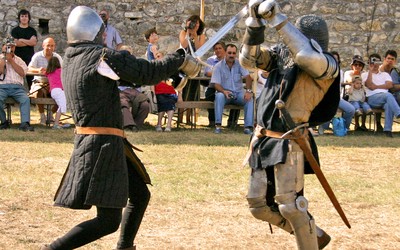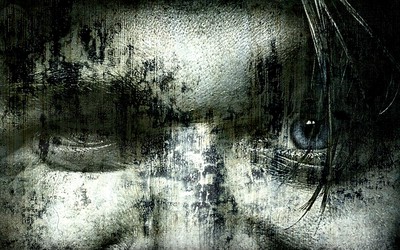
Why am I so bad at this game?
Some people dislike rhetorical questions in written work, and they tend to be the same people who think a preposition is a terrible word to end a sentence with...If you have ever asked yourself the titular question then you may find something useful in here.
I rarely feel inspired to blog but today I do so here goes.
These days I see a lot of people talking about how playing variant x negatively impacts upon their performance in variant y. I do not see why that should be the case. What I can completely understand is responding to 1 e4 with d6 in a game of three check because you're still thinking about how you managed to lose that last game of standard chess (Ultra, Bullet, Blitz, Rapid, Classical or Correspondence). That though is just tilting (H/T Cervantes) and has little if anything to do with any corrupting influence of standard upon three-check or vice versa.
I am no student of the origin of variants (that would be @crazymaharajah or @visualdennis) but it seems probable that their roots are in exercises to train students of standard chess in transferrable subskills. I read somewhere that in the USSR the starting point for learning was the endgame, for instance, and with such an approach Horde or something like it would be useful in developing awareness of how passed pawns can make all the difference (NB I am not suggesting exactly this happened exactly there and then, merely that it is likely that variants exist because something of the sort probably occurred here or there at various points in history. The methodology of designing games to achieve educational outcomes goes back at least as far as Comenius).
Wherever variants originated, and however 'chessy' or not they may be, playing them may not help you with standard (if you even care about that: I don't have a chess-playing background or any real interest even in the world championships myself) but blaming them for making you worse does not seem feasible, at least not to me. But let us return to the question in the title. The first thing to remember is that it is all relative. Lichess allows you to view how you compare with the total number of active players for each variant (eight non-standard and six standard), where active means having played in the past week. This tells you more than your rating (as I write I am 84th centile in Atomic although my Atomic rating is more than a hundred points lower than my 960 rating, and in 960 I am just 62nd centile). Also worth keeping in mind is that it's only a game, it's supposed to be fun and if it starts to feel like a job then it's time to take a break. The bottom line is, I think, that good ideas come from other spheres all the time, and if you particularly like or dislike a particular variant it gives you an insight into how you think. Such an insight may be useful not just for chess, but in your general life too. It's fine to play to your strengths, but it can't hurt to be at the very least aware of your shortcomings. I would go so far as to say that playing Antichess can only improve your understanding of forced moves, as Racing Kings can only improve your ability to see pins and skewers, as Atomic can only improve your awareness of (for example) threats to f2/f7, as King of the Hill can only help illustrate the idea of controlling the centre. And Crazyhouse? Well, it's like chess but better.



